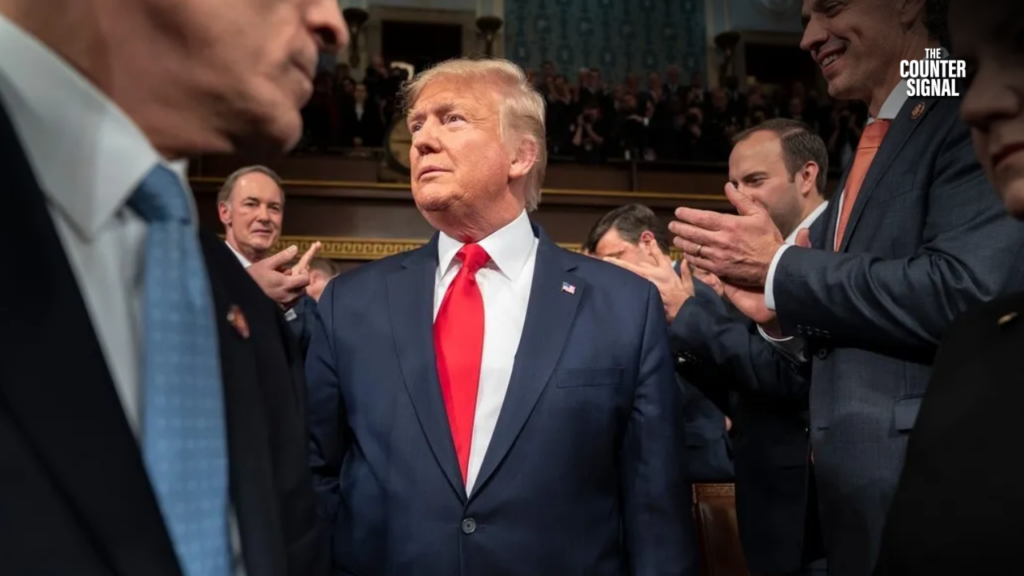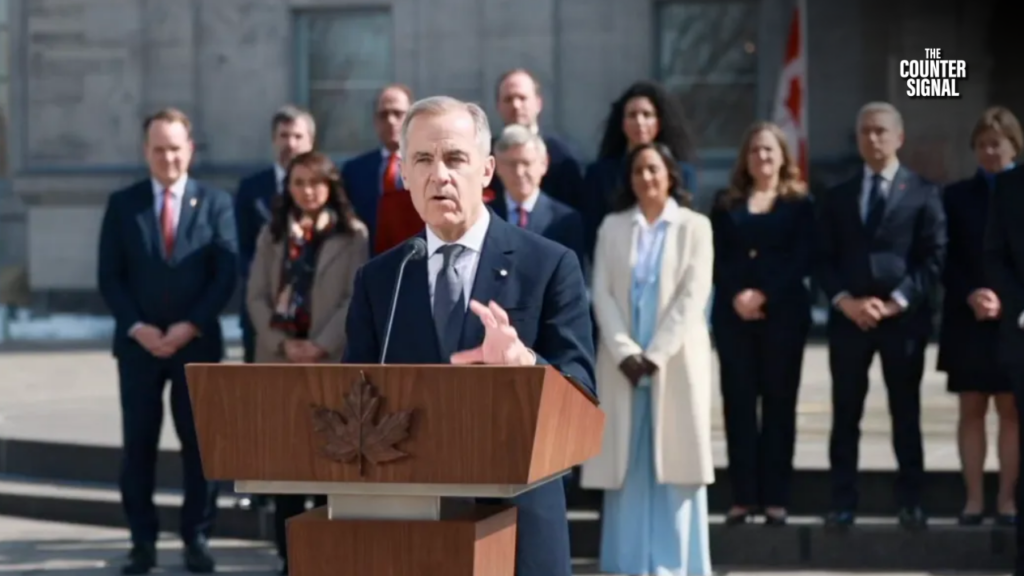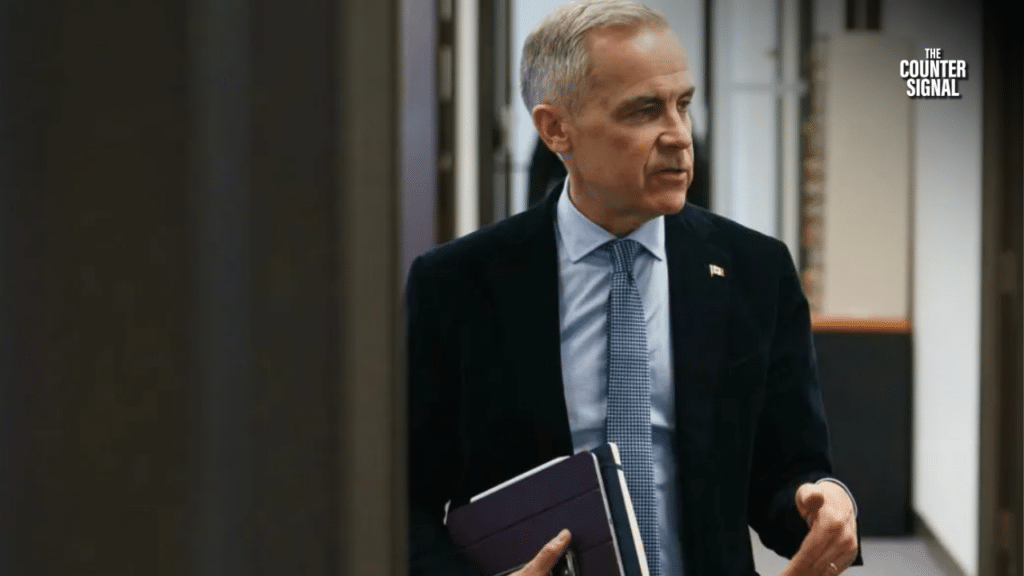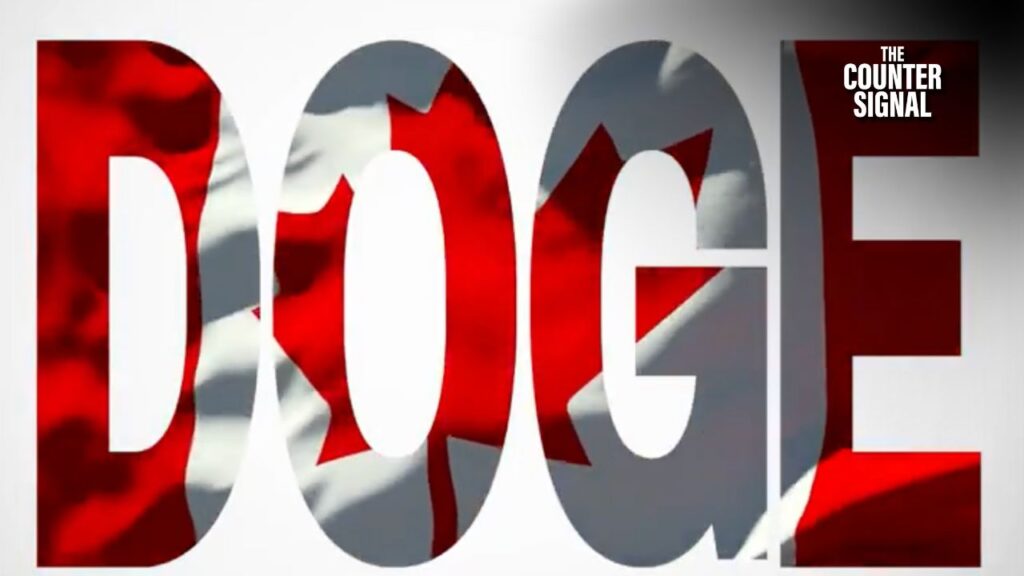The Fraser Institute has released a report stating the Trudeau Liberals wasted $90 billion on COVID spending, and that this amount will balloon to $110 billion by 2032 due to higher debt interest costs.
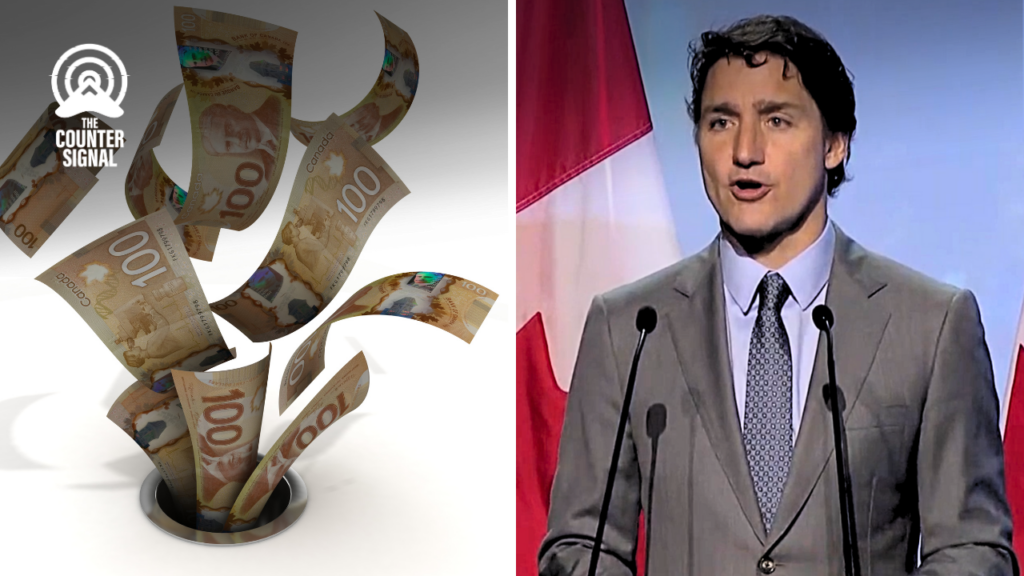
The Fraser Institute is a non-partisan Canadian public policy think tank.
“The study finds that Canada’s federal COVID spending—which totaled $359.7 billion—has added $8.3 billion to present-day interest costs on the country’s national debt,” the report reads.
“Crucially, an estimated 25 per cent of Canada’s COVID spending ($89.9 billion) was wasted in the form of overpayments, money being sent to ineligible recipients, and/or those that weren’t in genuine need.”
WHOA!!!!
— Eva Chipiuk, BSc, LLB, LLM (@forevaeva79) July 6, 2023
“Taxpayers on the hook for more than $110 billion due to Ottawa’s COVID waste.
Unfortunately, a significant portion of this money was mismanaged, poorly targeted, wasteful or simply excessive. And Canadians will continue to pay the cost for this fiscal waste…
The authors noted how the federal government pumped handouts into Canadians’ bank accounts via the Canada Emergency Wage Subsidy (CEWS) and Canada Emergency Response Benefit (CERB).
CERB wastage
The report states that $11.8 billion was wasted in CERB payments that went to eligible dependent young people (ages 15 to 24) who were living with parents, when their parents were earning $100,000 or more in household income.
Additionally, up to $7 billion in additional CERB payments went to spouses in families with at least $100,000 in annual income.
These recipients were all considered eligible by the government, but the report authors argue they shouldn’t have been.
As for ineligible individuals who were paid by the government, $4.6 billion was distributed in CERB payments and other benefits to recipients who were deceased, prisoners, or young children. Over 50,000 employers collectively received billions in CEWS payments but “did not demonstrate a sufficient revenue drop to be eligible for the subsidy,” according to the report.
Moreover, the Auditor General has called for the government to “investigate the nature of another $27.4 billion in COVID spending.”
Canadian taxpayers on the hook
“Put simply, Canada wasted billions in taxpayer money during its COVID response, and Canadian taxpayers will continue to pay for this waste for years to come,” the authors wrote.
“In the future, governments must do a better job to ensure that spending is effective, targeted and carefully managed.”


